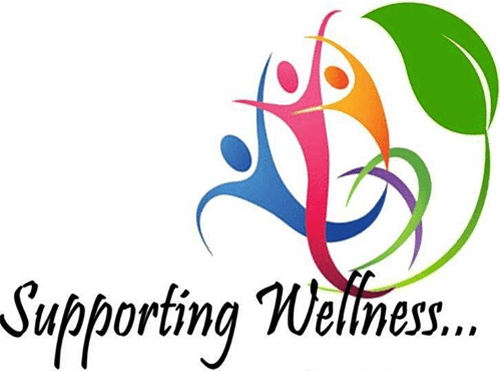The Power of Self-Compassion
The Power of Self-Compassion
By Nicole Caines, R. Psych
Many of us are far better at offering kindness and compassion to others than ourselves.
We judge ourselves harshly and beat ourselves up, perhaps with the misguided idea that this will somehow motivate us to do better or be better. And then we judge ourselves even more harshly when our plan doesn’t work!
However, you can learn to interrupt this pattern through the practice of self-compassion. Rather than judging and criticizing yourself, you can learn to respond to personal failures and shortcomings with kindness, acceptance, and an understanding that none of us get things perfect all the time.
And for those who are thinking “but if I let myself off the hook for my failures, I will never improve myself and I will lose my ambition”, rest assured. Rather than encouraging self-pity, self-compassion is a powerful motivating force. Think of it as putting all that energy you would have used beating yourself up into creating the change that you want.
Research has consistently shown that self-compassion improves social connectedness, emotional intelligence, and overall wellbeing, and decreases depression, anxiety, shame, and fear of failure. Those who are skilled at self-compassion also have healthier relationships.
Check out this video of Kristin Neff, self-compassion researcher, discussing the 3 components of self-compassion:
Self-kindness. Common humanity. Mindfulness.
Sounds easy, right? While the concept seems relatively easy, it can be difficult in the face of images of seemingly perfect people and revered celebrities on social media and constant conflicting messages about all the things we need to do to be the perfect partner, parent, friend, or employee. And it can be especially difficult if you grew up in an abusive home or experienced an abusive relationship where compassion didn’t exist.
Self-compassion, like any skill, requires practice. Start with small, realistic steps. Maybe start with one component and then add the others. Or even start by becoming aware of the critical voice in your mind. Expect to have setbacks and plan to be compassionate toward yourself when you do.
Nicole Caines is a Registered Psychologist at Supporting Wellness Psychological and Family Services in Calgary, AB. She supports adolescents and adults struggling with anxiety, depression, trauma, grief, and life transitions. To schedule an appointment, go to www.supportingwellness.com
